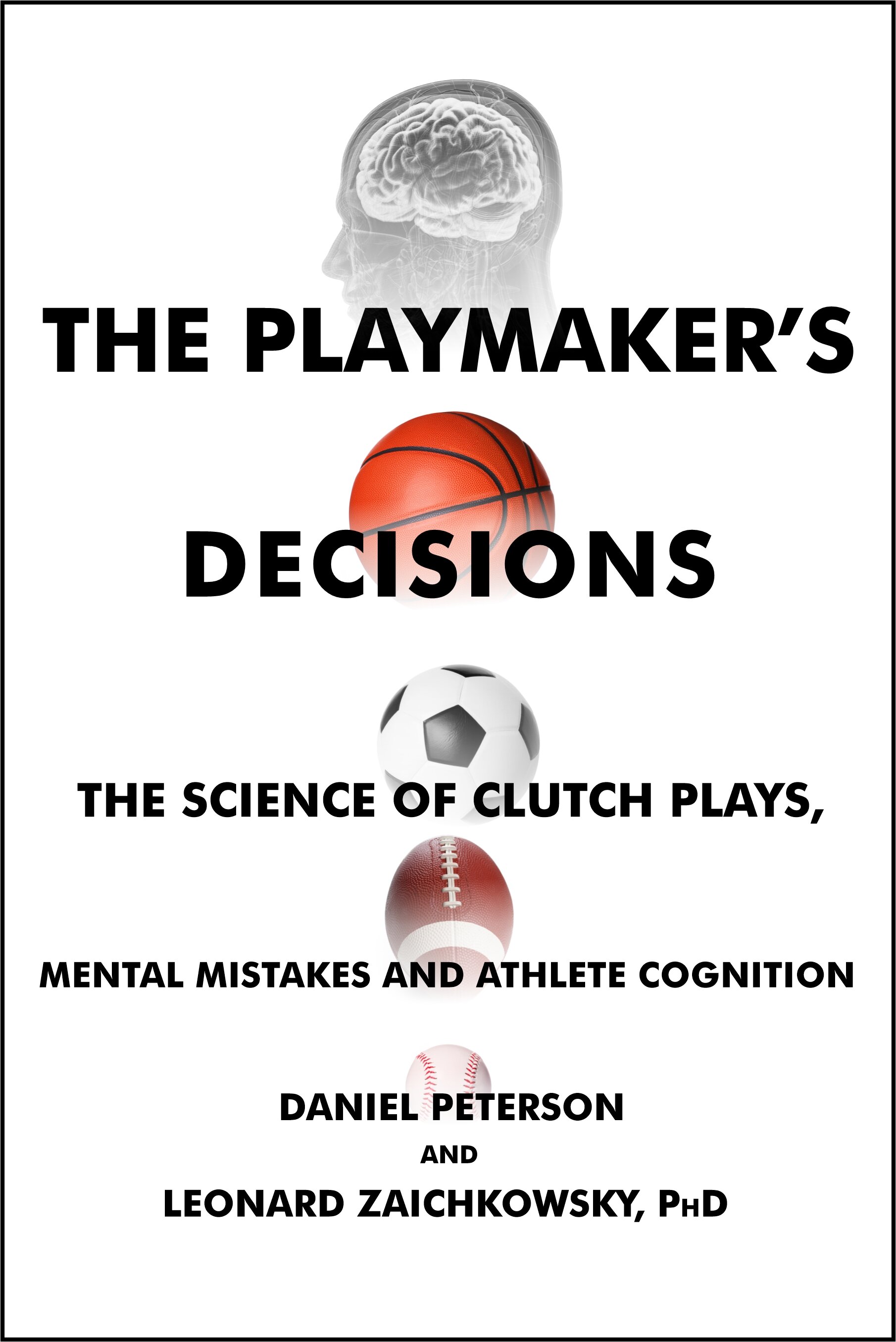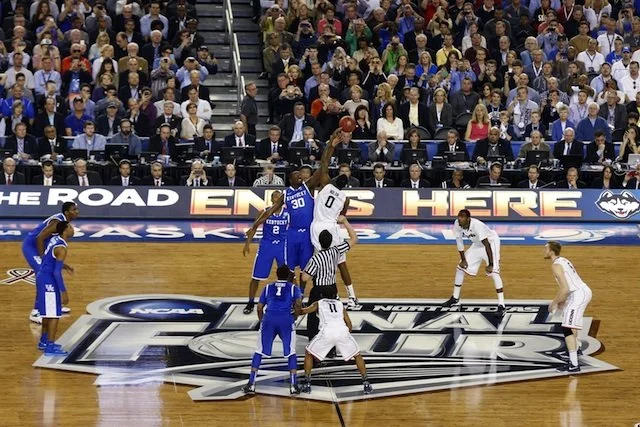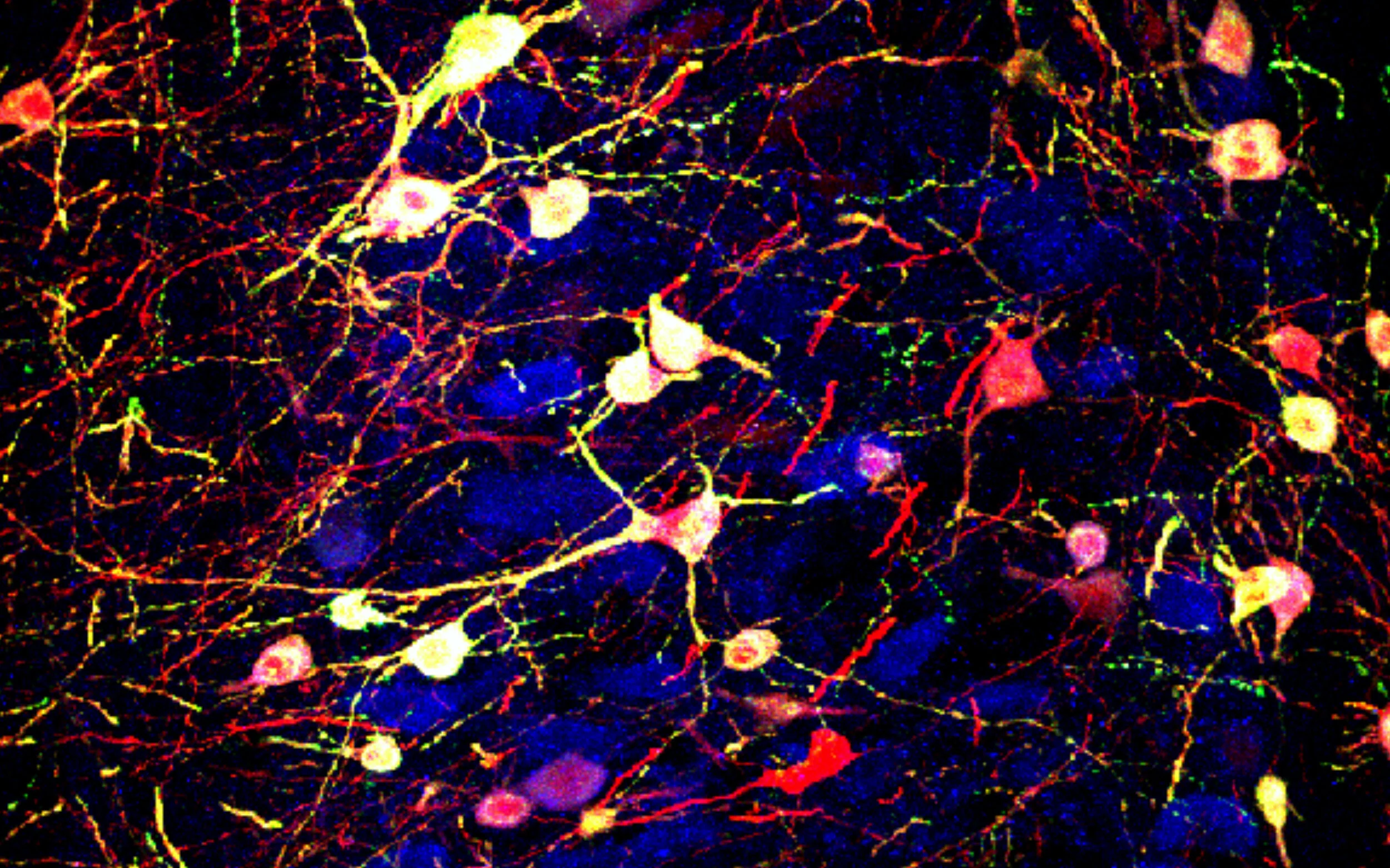Single Sport Kids - When To Specialize
/ So, your grade school son or daughter is a good athlete, playing multiple sports and having fun at all of them. Then, you hear the usual warning, either from coaches or other parents; "If you want your daughter to go anywhere in this sport, then its time to let the other sports go and commit her full-time to this one." The logic sounds reasonable. The more time spent on one sport, the better she will be at that sport, right? Well, when we look at the three pillars of our Sports Cognition Framework, motor skill competence, decision making ability, and positive mental state, the question becomes whether any of these would benefit from playing multiple sports, at least in the early years of an athlete (ages 3-12)? It seems obvious that specific technical motor skills, (i.e. soccer free kicks, baseball bunting, basketball free throws) need plenty of practice and that learning the skill of shooting free throws will not directly make you a better bunter. On the other end, learning how to maintain confidence, increase your focus, and manage your emotions are skills that should easily transfer from one sport to another. That leaves the development of tactical decision making ability as the unknown variable. Will a young athlete learn more about field tactics, positional play and pattern recognition from playing only their chosen sport or from playing multiple related sports?
So, your grade school son or daughter is a good athlete, playing multiple sports and having fun at all of them. Then, you hear the usual warning, either from coaches or other parents; "If you want your daughter to go anywhere in this sport, then its time to let the other sports go and commit her full-time to this one." The logic sounds reasonable. The more time spent on one sport, the better she will be at that sport, right? Well, when we look at the three pillars of our Sports Cognition Framework, motor skill competence, decision making ability, and positive mental state, the question becomes whether any of these would benefit from playing multiple sports, at least in the early years of an athlete (ages 3-12)? It seems obvious that specific technical motor skills, (i.e. soccer free kicks, baseball bunting, basketball free throws) need plenty of practice and that learning the skill of shooting free throws will not directly make you a better bunter. On the other end, learning how to maintain confidence, increase your focus, and manage your emotions are skills that should easily transfer from one sport to another. That leaves the development of tactical decision making ability as the unknown variable. Will a young athlete learn more about field tactics, positional play and pattern recognition from playing only their chosen sport or from playing multiple related sports?Researchers at the University of Queensland, Australia learned from previous studies that for national team caliber players there is a correlation between the breadth of sport experiences they had as a child and the level of expertise they now have in a single sport. In fact, these studies show that there is an inverse relation between the amount of multi-sport exposure time and the additional sport-specific training to reach expert status. In plain English, the athletes that played several different (but related) sports as a child, were able to reach national "expert" level status faster than those that focused only one sport in grade school . Bruce Abernethy, Joseph Baker and Jean Cote designed an experiment to observe and measure if there was indeed a transfer of pattern recognition ability between related sports (i.e. team sports based on putting an object in a goal; hockey, soccer, basketball, etc.)
They recruited two group of athletes; nationally recognized experts in each of three sports (netball, basketball and field hockey) who had broad sports experiences as children and experienced but not expert level players in the same sports whose grade school sports exposure was much more limited (single sport athletes). (For those unfamiliar with netball, it is basically basketball with no backboards and few different rules.) The experiment showed each group a video segment of an actual game in each of the sports. When the segment ended the groups were asked to map out the positions and directions of each of the players on the field, first offense and then defense, as best they could remember from the video clip. The non-expert players were the control group, while the expert players were the experimental groups. First, all players were shown a netball clip and asked to respond. Second, all were shown a basketball clip and finally the hockey clip. The expectation of the researchers was that the netball players would score the highest after watching the netball clip (no surprise there), but also that the expert players of the other two sports would score higher than the non-expert players. The reasoning behind their theory was that since the expert players were exposed to many different sports as a child, there might be a significant transfer effect between sports in pattern recognition, and that this extra ability would serve them well in their chosen sport.
The results were as predicted. For each sport's test, the experts in that sport scored the highest, followed by the experts in the other sports, with the non-experts scoring the poorest in each sport. Their conclusion was that there was some generic learning of pattern recognition in team sports that was transferable. The takeaway from this study is that there is benefit to having kids play multiple sports and that this may shorten the time and training needed to excel in a single sport in the future.
So, go ahead and let your kids play as many sports as they want. Resist the temptation to "overtrain" in one sport too soon. Playing several sports certainly will not hurt their future development and will most likely give them time to find their true talents and their favorite sport.
Source:
Abernethy, B., Baker, J., Côté, J. (2005). Transfer of pattern recall skills may contribute to the development of sport expertise. Applied Cognitive Psychology, 19(6), 705-718. DOI: 10.1002/acp.1102











